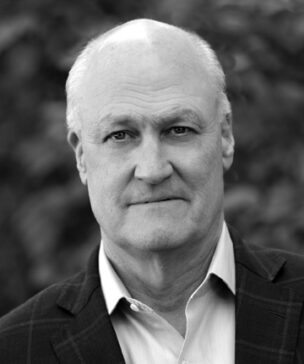Congress Passes Additional PPP Funding; SBA Issues Additional Guidance
On April 23, 2020, the House of Representatives passed the Paycheck Protection Program and Health Care Enhancement Act and sent the bill to President Trump, who is expected to sign it today. The bill provides an additional $310 billion of funding for the PPP Loan program. The initial funding of $349 billion was exhausted on April 16. With timing that likely was not a coincidence, the SBA issued additional guidance in connection with PPP loans in the form of Frequently Asked Questions, found here. Many of the questions reiterated prior guidance, including reminders about the SBA affiliation rules. Last but not least, Q&A number 31 addressed whether large companies could access PPP Loans:
Question: Do businesses owned by large companies with adequate sources of liquidity to support the business’s ongoing operations qualify for a PPP Loan?
Answer: In addition to reviewing applicable affiliation rules to determine eligibility, all borrowers must assess their economic need for a PPP loan under the standard established by the CARES Act and the PPP regulations at the time of the loan application. Although the CARES Act suspends the ordinary requirement that borrowers must be unable to obtain credit elsewhere (as defined in section 3(h) of the Small Business Act), borrowers still must certify in good faith that their PPP loan request is necessary. Specifically, before submitting a PPP application, all borrowers should carefully review the required certification that “[c]current economic uncertainty makes this loan request necessary to support the ongoing operations of the Applicant.” Borrowers must make this certification in good faith, taking into account their current business activity and their ability to access other sources of liquidity sufficient to support their ongoing operations in a manner that is not significantly detrimental to the business. For example, it is unlikely that a public company with substantial market value and access to capital markets will be able to make the required certification in good faith, and such a company should be prepared to demonstrate to SBA, upon request, the basis for its certification. Lenders may rely on a borrower’s certification regarding the necessity of the loan request.
Any borrower that applied for a PPP loan prior to the issuance of this guidance and repays the loan in full by May 7, 2020 will be deemed by SBA to have made the required certification in good faith.
This SBA guidance clearly targets those public companies that previously obtained PPP loans, including large, publicly-owned restaurant chains like Shake Shack andRuth’s Chris Steakhouse. Shake Shack previously announced that it was returning $10 million in proceeds from a PPP loan in connection with raising capital through a sale of its Class A common stock.
This additional SBA guidance places borrowers, particularly those that are privately held, in an interesting dilemma about whether their original good faith certifications are in doubt, what they can do to support their original certifications and, whether they must consider returning PPP Loan funds to their PPP lenders prior to May 7, 2020.
If you have questions about the PPP Loans, please contact CCM.
The author, publisher, and distributor of this CCM Alert is not rendering legal or other professional advice or opinions on specific facts or matters. Under applicable rules of professional conduct, this communication may constitute Attorney Advertising.
© 2020 Clingen Callow & McLean, LLC. All rights reserved.
